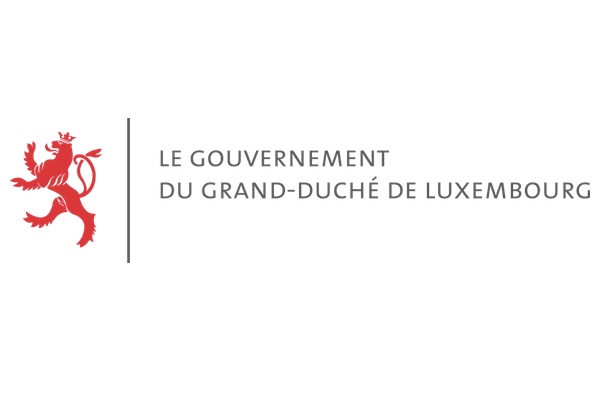
The National Day of Commemoration originates from the census of 10 October 1941. At the time, the Nazis sought to identify those in the Luxembourgish population of Jewish origin and, at the same time, to persuade the inhabitants of the Grand Duchy of Luxembourg to declare themselves as belonging to the German nation, specifying that their mother tongue and their “race” were German. Sensing the trap, the Resistance called upon people to answer each question with “Luxembourgish”. Many heeded this call, which led to the cancellation of the census.
In an official statement published on Saturday 18 October 2025, the Luxembourg government said:
“Eighty years ago, the end of the Second World War marked the liberation of Luxembourg and of Europe from the Nazi scourge. The courage of the Luxembourgish Resistance, born from the refusal to renounce one’s identity and values, remains a powerful example. Men and women, often very young and from all walks of life, chose to fight for freedom. Through acts sometimes discreet but always courageous, they defied the occupiers. Many were arrested, tortured, deported or executed. Their commitment kept alive the hope of a free future, even in the darkest moments.
Nazi totalitarianism tolerated no difference. Whether concerning identity, beliefs or living conditions, any form of diversity was deemed intolerable, condemned to exclusion, persecution or even death. This repressive policy destroyed lives – a reality that, as a society, we must remember.
The war also affected thousands of young Luxembourgers who were conscripted against their will into the Wehrmacht. Torn from their country and sent to fight for a regime they had not chosen, many never returned. Numerous young women were also forced to join the Reich Labour Service or the Kriegshilfsdienst. The suffering of these women and men is now an integral part of our collective memory.
The tragic fate of Jewish citizens must never be forgotten. From the beginning of the occupation, they were victims of a policy of discrimination, exclusion and terror. Deprived of their rights and dispossessed of their property, their humanity was denied. Many were forced to flee the country, while others were arrested in Luxembourg or abroad and then deported to Nazi concentration and extermination camps, from which very few returned. The names of the victims, now engraved on the “Wall of Names”, bear silent witness to lives destroyed.
The end of the war did not immediately end suffering for all. The liberation of the camps revealed to the world the extent of Nazi horror and marked a moral turning point for humanity. While the guns fell silent, many families were still waiting for the return of missing loved ones, sometimes never receiving an answer. Survivors returned with lifelong physical and psychological scars.
Yet, from the ruins of war, Luxembourg, together with its neighbouring countries, chose the path of reconciliation, reconstruction and peace.
As current events confront us with new conflicts in Europe and beyond, it is our duty to keep this memory alive. It reminds us how essential it is to remain vigilant, defend human rights, protect democracy and combat all forms of hatred.
It is through this daily commitment that we pay the highest tribute to those who suffered, resisted, hoped – and all too often gave their lives.”
Luc FRIEDEN, Xavier BETTEL, Martine HANSEN, Claude MEISCH, Lex DELLES, Yuriko BACKES, Max HAHN, Gilles ROTH, Martine DEPREZ, Léon GLODEN, Stéphanie OBERTIN, Georges MISCHO, Serge WILMES, Elisabeth MARGUE, Eric THILL








